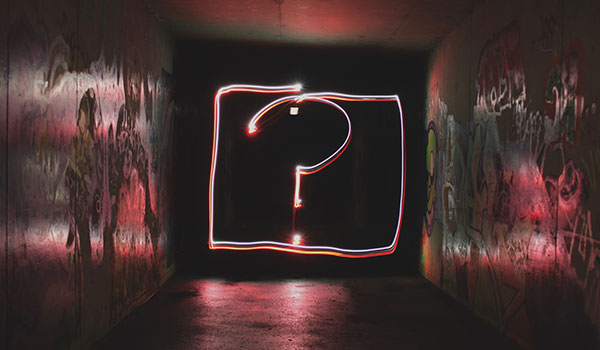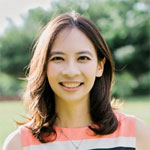
“Cindy Brandt, Do you believe in Hell?” asks the most recent commenter on my blog.
I feel like a little kid whose parent uses my full name because they are upset with me, and I sense that this question isn’t really seeking an earnest answer but is instead a veiled threat. But I will give the commenter the benefit of the doubt that it is a genuine question and reply:
What I believe does not matter.
I have come to a peaceful place, knowing that if there is a God, then God loves and accepts me for who I am, not for what I believe. I could be a missionary on fire to evangelize the world or a raging heretic, chasing after God or resisting God at arm’s length, but God will always be within my reach.
The people who taunt me with litmus tests of orthodoxy no longer affect me because I simply do not care about a passing grade—like I tell my kids, your grades are just a number, what matters is that you are learning and that you learn to love learning.
Don’t get me wrong, I am not saying that ideas do not matter. Ideas shape our actions and theology drives our ethics. Much of the destruction from religious fundamentalists is a direct result of terrible theology, so it is important to be able to engage theological issues with nuance and academic rigor. Nor do I dismiss the meticulous work of philosophers and theologians throughout the centuries who persisted in critical engagement. Their works were an invaluable resource to me as I wrestled through my existential and faith questions, longing for authentic answers to my own spirituality.
But the truth of my present faith journey is such that those litmus test questions are simply not ones I am asking of myself anymore. Do you believe in Hell? Do you believe Jesus is the Only Way? Do you believe the Bible is the ultimate authority? These questions are asked in reactionary fear.
The next question that comes after Do you believe in Hell? is What do I need to do to avoid going there? The question after Do you believe Jesus is the Only Way? is How, then, can I stay on the very narrow path and corral everyone else onto it? The question after Is the Bible your ultimate authority? is Do I follow a list of do’s and don’ts of what is deemed biblical?
I am thankful God gave me a brain to be a thinker and the privilege of an education that exposed me to a wide range of ideas and allowed me to wrestle with them. Despite valiant attempts from my conservative evangelical upbringing to discourage critical thinking by women, nevertheless, I persisted.
And yet, my brain is but one organ among others. My personhood is composed of more than my intellect and my humanity extends beyond what I believe.
I believe, yes. But I also move, I laugh, I delight, I love, I dance.
What I am observing about my faith journey is that I am no longer asking questions about what I believe, but about what makes me dance. What compels me to get out of bed in the morning and move in tandem with other people who inhabit this earth with me in a way that is beautiful? I am discovering that in many ways this is an even harder question to ask than the orthodoxy questions of my younger self. Now the questions aren’t just about me, but about learning other people’s rhythms. What do they believe? What questions are they asking? How can I match my movements to theirs while moving gracefully and not stepping on their toes?
I am striving for a mutual flourishing not just within the systems of my own self—how my beliefs and my actions and my spirituality interact and form an integral whole—but also with other whole beings, bodies, and communities. The questions that occupy me now are: How do I make room for this striving? When do I push my body to rest so my soul can heal? How do I surrender my beliefs to my activity in the world? Whose voices that have been silenced by the powers am I missing? When do I resist, when do I yield, when do I invite partners in my search for a meaningful life? And I feel sure that the answers to these questions will drive me toward a robust spirituality that impacts not just myself, but the larger world.
Back to my blog commenter’s question: Do I believe in Hell? It’s a valid question, but I am just not so sure my answer matters much anymore.
Photo via Unsplash.
 About Cindy Brandt
About Cindy Brandt
Cindy writes from Taiwan about faith and culture. She blogs at Patheos Unfundamentalist Parenting and at cindywords.com. She is the author of Outside In: Ten Christian Voices We Can’t Ignore, which you can download for free by signing up for her newsletter. Follow her on Facebook, Twitter, and Instagram.